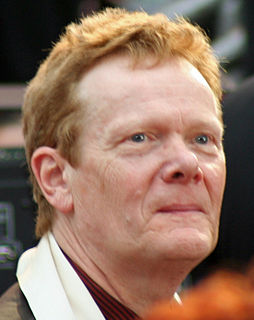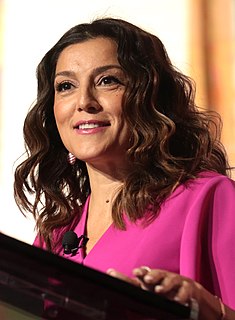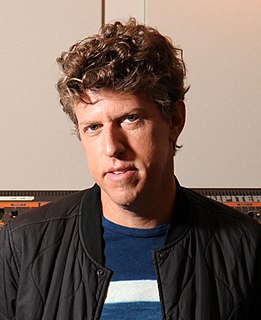A Quote by Jason Scott Lee
'Rapa Nui' is about the conflict in the 1600s on Easter Island. It's about the clash of the royal clan and the working class.
Related Quotes
I am very attracted by the mysterious landscape of Easter Island. Not only because it is a piece of land that is further away from another, but also because of the beautiful statues of Moai that are there. To do a beautiful walk there, I would have to involve the Moai, and the Rapa Nui people who live on the island.
The really successful work in England tends to be working-class writers telling working-class stories. The film industry has been slow to wake up to that, for a variety of reasons. It still shocks me how few films are written or made in England about working-class life, given that those are the people who go to movies.
When I'm talking about the white working class, here's what I'm defining: high school degree, no more, and working in a blue-collar job or a low-skilled service job. When I'm talking about the white, upper-middle class, I'm talking about people who work in the professions or managerial jobs and have at least a college degree.
My favorite band of all time is The Clash. The thing I love about The Clash is they started out as guys who could barely play three chords. They dabbled in reggae, punk, rap, jazz. They came to a sound that could only be defined as The Clash. It was impossible to say what it was. I admire them for that.




































